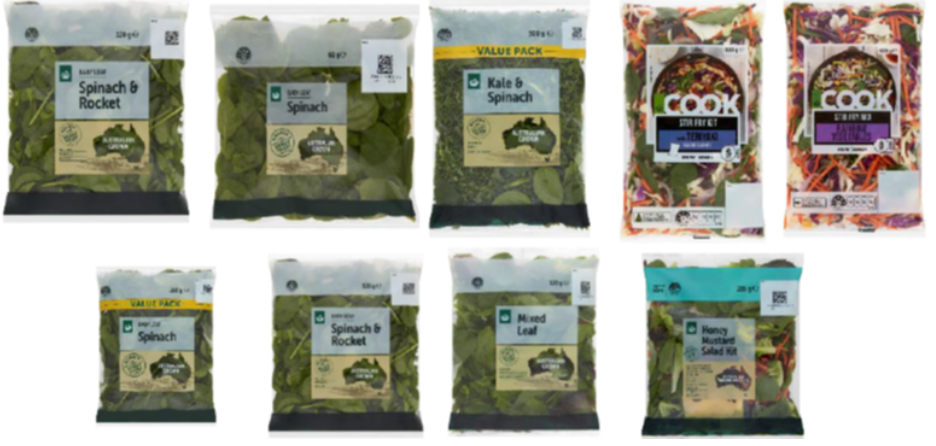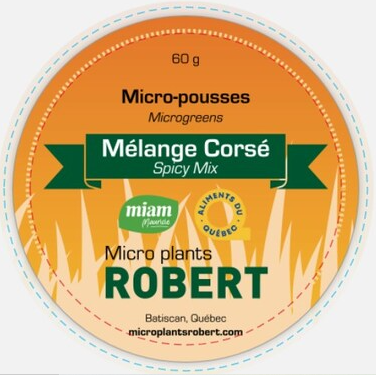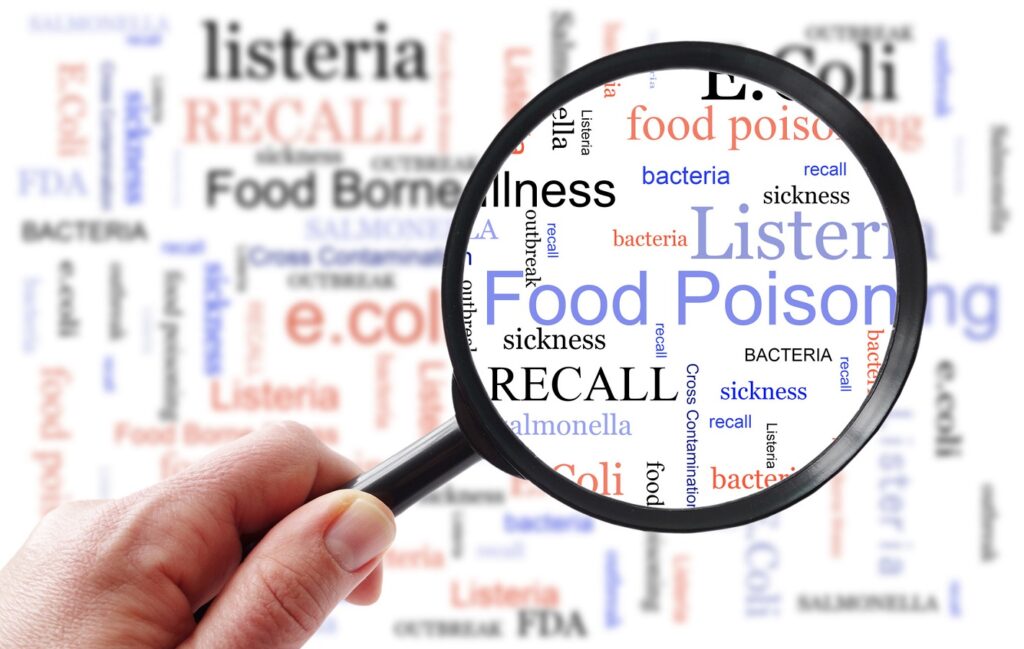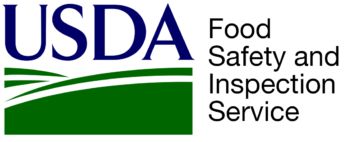An article entitled “USDA Food Recalls for the period 2012-2023 compared with FDA Regulated Food Recalls over the past two decades” was published in JFP. This manuscript evaluates recalls of food products regulated by the USDA/ FSIS. The FSIS regulates food products made from animals raised on farms, including beef, pork, poultry, buffalo, and venison, as well as some egg products and farmed or wild-caught seafood of the order of Siluriformes (catfish). During the 12 years of 2012-2023, 1,001 food recall incidents occurred, representing 205.2 million lbs of recalled product. The FSIS classified these recall incidents at 76% as Class I, 20% as Class II, and 4% as Class III. The causes of the recalls were combined for this analysis into three master categories: Product Contaminants, Processing Issues, and Other Reasons. Product Contaminants caused 68% of the FSIS recalls, Processing Issues added 13%, and Other Reasons contributed 19%. Further evaluation of these recall incidents by product type resulted in poultry at 29%, beef at 23%, Mixed Animal meat at 23%, and pork at 22% of the recall incidents. Evaluation of these recalls by product weight showed Mixed Animal meat at 52%, Poultry at 27%, Beef at 16%, and Pork at 4%. Biological Contamination was a component of the product contaminants master category, and 4 bacterial species caused almost 59% of the FSIS recalls by weight. Listeria monocytogenes caused 32%, Shiga toxin-producing E. coli (STEC) caused 12%, Salmonella serovars caused 9%, and Bacillus cereus caused 0.5% of these recalls by weight. These FSIS food recalls were compared to the FDA Food & Beverage recalls from a recent publication. Listeria was the common cause of the highest percentage of FDA recalled by incidents, and FSIS recalls by weight. Most of the food recalls were caused by human error. Developing a strong Food Safety Culture along with strong cleanup and sanitation procedures is imperative to minimizing and preventing food recalls. @ https://pdf.sciencedirectassets.com/782803/AIP/




